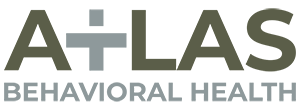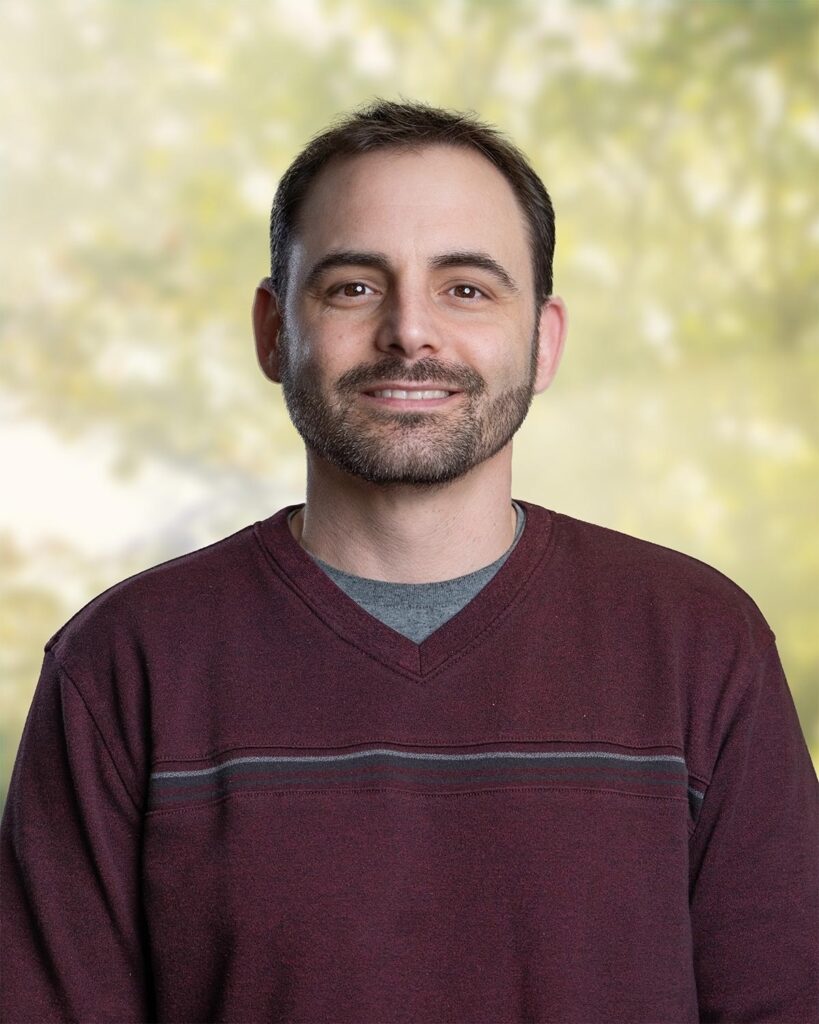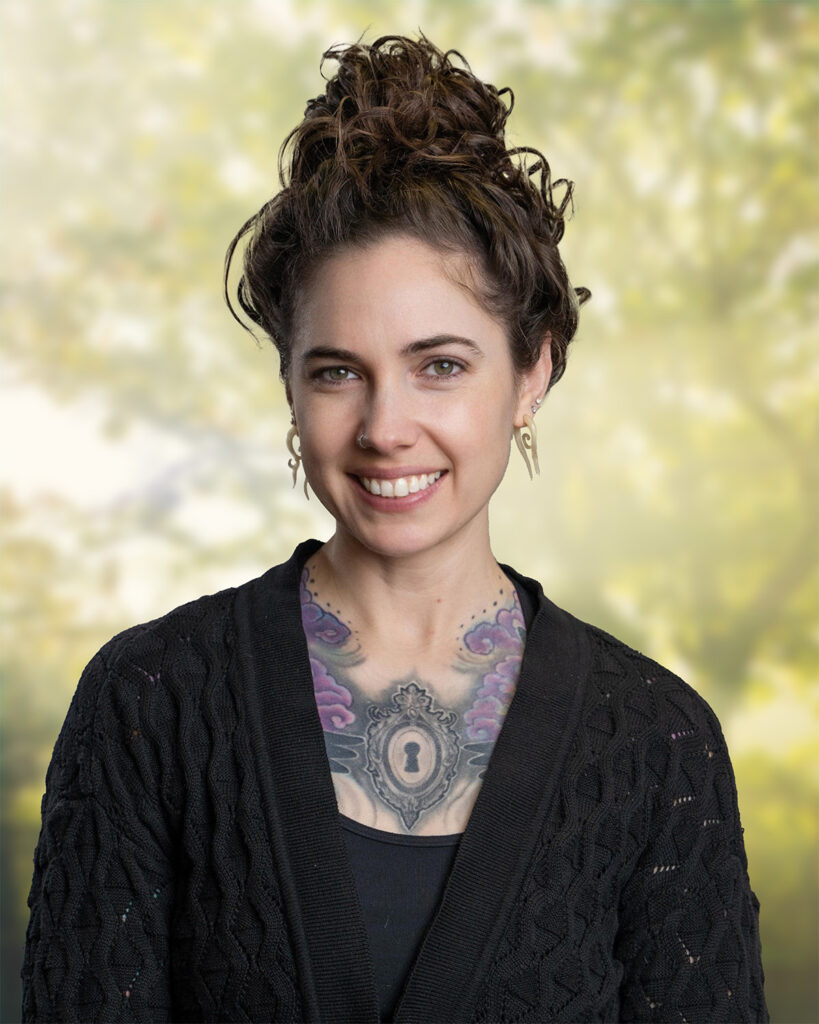Finding the right rehab facility is an important step in the recovery process. It can be tough to know where to start. But choosing the right center can make a big difference in your journey to getting better.
Whether you’re dealing with substance abuse or mental health problems, you need a facility that offers the support, care, and treatment you deserve.
This guide will help you understand how to find top rated rehab centers near you and what factors to consider when making your choice.
Why Choosing a Top Rated Rehab Facility is Important
A top rated rehab facility matters because it can help you get the best possible care. Good rehab centers provide high-quality treatment and support from people who know how to help you recover.
These centers focus on your safety, well-being, and long-term recovery. They give you the tools and strategies to stay healthy after treatment ends.
At a top rated rehab center, the staff includes professionals who have the experience and knowledge to help you. They know what works and can give you a recovery plan that suits your specific needs.
These centers also provide programs for people with different kinds of addictions or mental health issues. Whether you need help for alcohol addiction, drug use, or mental health struggles like anxiety or depression, a good rehab center will have options for you.
Choosing a top rated center gives you a higher chance of success. These facilities offer a mix of therapy options that can help you deal with addiction and mental health problems.
It also gives you access to ongoing care, which is essential for maintaining recovery once you leave.
What to Look for When Choosing a Rehab Facility
Choosing a rehab center is not easy, and it is important to think carefully. Here are a few things you should consider when looking for the right place.
- Location: One of the first things you should think about is where the rehab facility is located. Some people prefer to stay close to home so family members can visit easily. Others prefer a location far from home to help them avoid triggers or temptations. No matter what you decide, the location should help you feel comfortable and safe during your recovery.
- Treatment Options: Different rehab centers offer different types of treatment. Some facilities provide inpatient care, meaning you live at the facility for the duration of your treatment. Others offer outpatient care, where you attend therapy sessions but stay at home. It’s important to find out what type of treatment the facility offers and which one is best for your situation.
- Accreditations and Certifications: Always choose a rehab facility that has been accredited by trusted organizations. The Joint Commission and CARF (Commission on Accreditation of Rehabilitation Facilities) are two of the most recognized certifications. These certifications show that the facility has met high standards of care and safety.
- Patient Reviews and Success Stories: One of the best ways to know if a rehab center is good is by looking at reviews from people who have been there. Many rehab centers have success stories or testimonials from past patients. These can give you a better understanding of how the center treats people and the results they get. You can also find reviews on sites like Google or Yelp.
- Cost and Insurance Coverage: Rehab can be expensive, so you should consider the cost of treatment. Some facilities accept insurance, while others may offer payment plans. It’s important to find a center that works with your insurance provider or offers an affordable payment plan. This will make it easier to get the treatment you need without worrying about how to pay for it.
What Services Should a Top Rated Rehab Facility Offer?
Top rated rehab centers offer a wide range of services to help patients recover. Here are some key services that a good rehab facility should provide:
- Detox Programs: Detox is the process of clearing drugs or alcohol from the body. It is usually the first step in recovery. A medically supervised detox program is essential for ensuring that the process is safe. The best rehab centers have detox programs that are closely monitored by trained medical staff.
- Therapy and Counseling: After detox, the next step is therapy. Rehab centers offer different types of therapy, including individual counseling, group therapy, and family therapy. Therapy helps people understand the causes of their addiction and gives them the tools to deal with challenges and triggers.
- Holistic Treatments: Many top rated rehab centers provide alternative therapies, such as yoga, meditation, or art therapy. These types of treatments help with stress relief, mindfulness, and healing the mind and body in a different way. Holistic treatments can improve overall well-being and help with long-term recovery.
- Family Support Programs: Addiction and mental health issues affect the whole family. The best rehab centers offer family therapy programs that involve loved ones in the recovery process. These programs help family members learn how to support the person in treatment and rebuild trust in relationships.
- Dual Diagnosis Treatment: Many people have both addiction and mental health problems, such as depression or anxiety. This is called a dual diagnosis. The best rehab centers are experienced in treating both issues at the same time. They offer integrated treatment programs that address both addiction and mental health conditions.
Types of Rehab Facilities
There are different types of rehab centers, and it’s important to know the differences so you can choose the right one for your recovery. Here are the three main types of rehab facilities:
| Type | Best For | Duration | Level of Care |
| Inpatient | Severe addiction | 30-90+ days | 24/7 medical & therapeutic support |
| Outpatient | Mild addiction or step-down care | Weeks to months | Flexible scheduling (therapy sessions) |
| Residential | Long-term recovery | 3-12 months | Structured living environment |
How Rehab Facilities Address Co Occurring Disorders
Co occurring disorders, or dual diagnosis, are common in people who struggle with addiction and mental health problems.
For example, someone with drug addiction may also suffer from depression or anxiety. It’s important to find a rehab center that specializes in treating both issues at the same time.
Top rated rehab centers offer integrated treatment plans for people with co occurring disorders. This means they provide treatment for both the addiction and the mental health condition.
The goal is to help patients manage both issues in a way that improves their overall health and recovery.
This approach helps reduce the chance of relapse and gives patients the tools they need to stay healthy in the long term.
The Role of Family Support in Recovery
Family support is an important part of the recovery process. Addiction affects not just the person struggling with it, but also their family members. That’s why many top rated rehab centers offer family therapy programs.
These programs teach family members how to support their loved one, rebuild trust, and understand addiction better.
Family therapy also helps to heal relationships and set boundaries. It allows family members to express their feelings and concerns in a safe environment.
By involving the family in the recovery process, rehab centers can help strengthen the patient’s support network, which is essential for long term success.
How to Verify the Quality of a Rehab Facility
Before choosing a rehab facility, it’s important to verify its quality. Here’s how you can do that:
- Check Reviews and Ratings: Look for reviews from previous patients to get a sense of the quality of care at the facility. Many rehab centers have success stories and testimonials that can give you more insight into how they help people.
- Research Accreditations: Make sure the rehab center is accredited by trusted organizations like The Joint Commission or CARF. These accreditations show that the facility meets high standards of care.
- Visit the Facility: If possible, visit the rehab center before making your decision. A visit will help you get a feel for the environment and see if it’s the right fit for you. You can also meet the staff and ask any questions you have.
Take the First Step Toward a Healthier Future: Start Your Recovery Journey Today
Choosing the right rehab facility is a big decision, but it is the first step toward getting better. By considering factors like location, treatment options, certifications, and patient reviews, you can find a rehab center that meets your needs.
Take the time to research your options, and don’t be afraid to ask questions or visit the facilities. The right rehab center can make all the difference in your recovery.
Start your journey today and take the first step toward a healthier, happier future.






